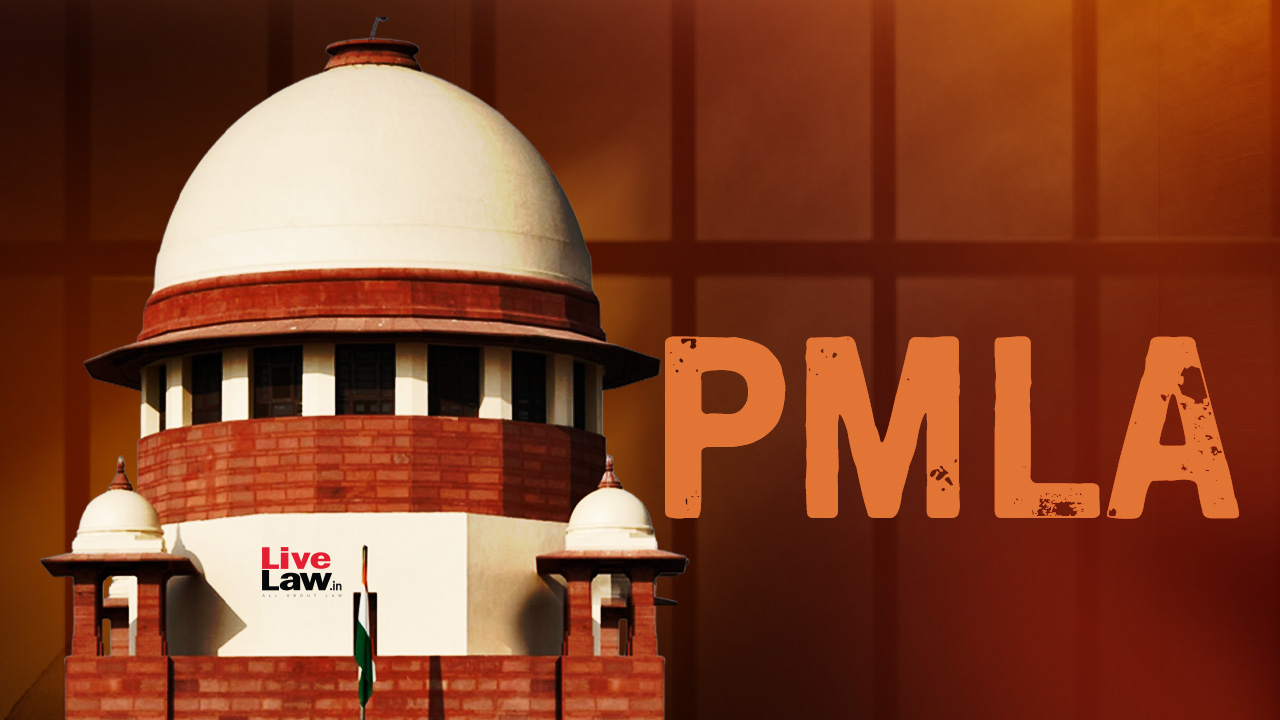 |
|
The Supreme Court of India recently issued a landmark ruling concerning bail applications in cases involving the Prevention of Money Laundering Act (PMLA). The court, in the case of Zeeshan Haider, an accused in the Delhi Waqf Board money laundering case, established a novel condition for granting bail based on the prolonged delay in the trial. This decision has significant implications for future PMLA cases and highlights the court's growing concern about the protracted nature of such trials, often resulting in prolonged incarceration without conviction. The court's decision to require an undertaking from the accused, promising not to seek adjournments and to fully cooperate with the trial process, represents a strategic attempt to balance the rights of the accused with the imperative for timely justice. This approach underscores a shift in judicial perspective, prioritizing the expeditious resolution of cases over the potential for abuse of procedural delays by either the prosecution or the defense.
The core of the Supreme Court's ruling revolves around the principle of balancing competing interests. While acknowledging the right of an accused to bail, particularly when the trial is significantly delayed, the court simultaneously emphasizes the need to ensure the trial proceeds efficiently and without unnecessary hindrance. By demanding an undertaking that the accused will not seek adjournments and will fully cooperate with the proceedings, the court is effectively incentivizing the accused to expedite the trial process. This is a significant departure from traditional bail procedures, where the primary focus was often on the merits of the case or the likelihood of conviction. The court’s decision recognizes the disproportionate impact of prolonged pretrial detention, especially in cases involving complex financial investigations like money laundering, where the trial duration can stretch for years.
The case of Zeeshan Haider, along with the broader context of recent Supreme Court decisions granting bail to accused individuals under PMLA and other stringent statutes (such as Senthil Balaji and Manish Sisodia), reflects a broader judicial trend. The court has consistently affirmed that the higher threshold for granting bail under these statutes should not be used to indefinitely detain individuals without trial. The court’s repeated emphasis on the need for expeditious trials suggests a growing recognition of the inherent injustices of prolonged pretrial detention. This is particularly crucial in cases where the prosecution itself might contribute to delays, highlighting a critical need for accountability within the investigative and prosecutorial branches. The Supreme Court's willingness to impose conditions on bail grants, specifically focusing on preventing trial delays, reflects a pragmatic attempt to address this systemic issue.
The court's approach is further contextualized by the recent decision of a lower court granting bail to a co-accused, Kausar Imam Siddiqui, based on similar grounds of trial delay. The Rouse Avenue Court’s criticism of the Enforcement Directorate (ED) for causing delays, coupled with the ED’s intention to appeal this decision, highlights the ongoing tension between the investigative agencies and the courts. The Supreme Court’s decision to address this issue head-on, by directly linking bail to the accused's cooperation in expediting the trial, showcases a deliberate effort to resolve the conflicting interests at play. The Supreme Court's intervention serves as a powerful signal to both the lower courts and investigative agencies, emphasizing the crucial need for efficiency and accountability in the pursuit of justice.
The Supreme Court's ruling in Zeeshan Haider's case sets a significant precedent for future PMLA cases. The innovative approach of conditioning bail on an undertaking from the accused to cooperate with the trial and avoid seeking adjournments represents a powerful tool to address the issue of prolonged trial delays. This decision aligns with the court's broader commitment to ensuring timely justice and preventing undue incarceration without trial. However, the success of this approach will depend on several factors, including the effective implementation of the undertaking and a commitment from all stakeholders, including the prosecution and the defense, to ensure a fair and efficient trial process. The long-term impact of this ruling will be observed as other similar cases come before the courts, providing a valuable opportunity to evaluate the effectiveness of this new approach to resolving the complex issue of trial delays in high-profile cases.
The implications of this case extend beyond the immediate parties involved. It signals a potential shift in how bail applications are handled in cases involving special laws with stringent bail provisions. The court's emphasis on the principle of expeditious trial underscores the need for a more efficient and accountable system of justice. This precedent might encourage other courts to adopt similar approaches, leading to a more streamlined and effective handling of cases involving significant delays. Furthermore, this ruling could inspire reforms within the investigative agencies to prioritize timely investigations and the efficient presentation of evidence, ultimately reducing the burden on the judicial system and ensuring a fairer outcome for all parties involved. The case highlights the inherent tension between ensuring speedy justice and upholding the rights of the accused, a challenge that requires continuous review and adjustments within the legal framework.
